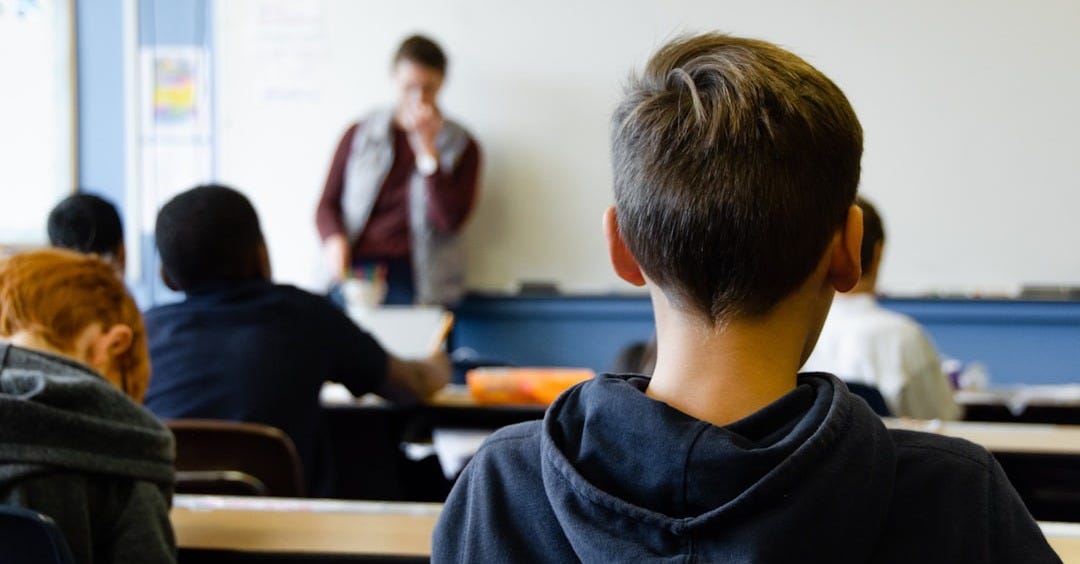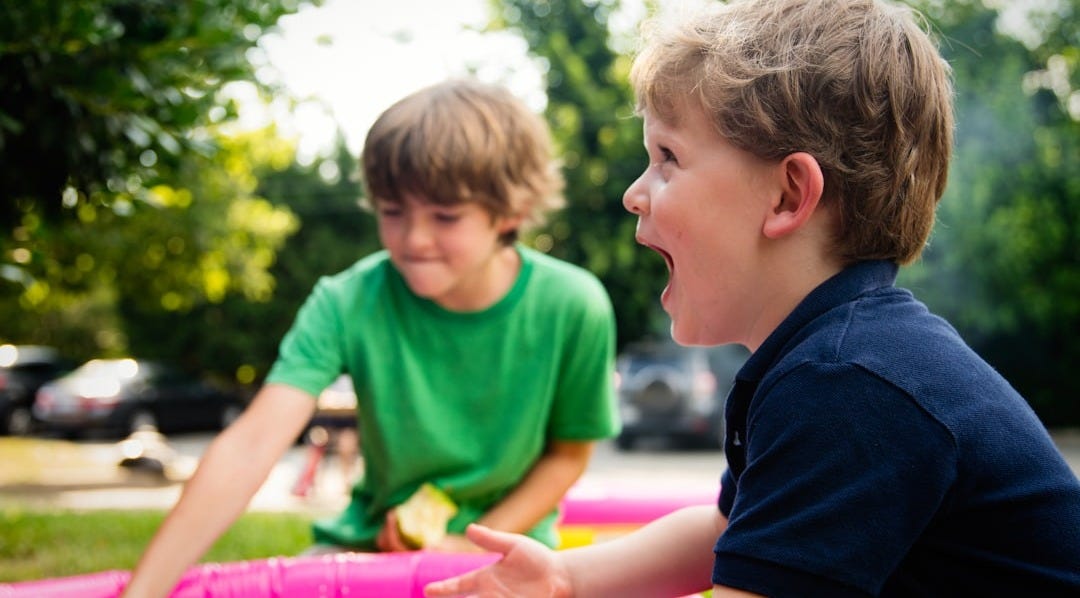What If the Data Is Leading Us Toward Joy?
More Tests. Less Play. Worse Outcomes. The Data Is Screaming At Us. Do We Have Ears to Hear?
Teachers are some of the most data-driven people you’ll ever meet.
At my school, like thousands across the country, we literally have “Data Days.” Full days where we pore over numbers, charts, and spreadsheets. Test scores. Growth curves. Reading benchmarks. All to answer one question:
Is it working?
And when it’s not? We don’t just hope things get better. We intervene. We try small groups. One-on-one support. We call in specialists if needed. We shift our strategies.
Because that’s what good teachers do: we follow the data. We don’t cling to methods that clearly aren’t working.

So here’s the uncomfortable question:
Why doesn’t our country do the same?
A 20-Year Experiment
Twenty years ago, America hit the panic button.
We feared our students were falling behind. So we passed No Child Left Behind. A tidal wave of reforms followed, all with one goal: Raise the scores.
Schools adapted. We extended math and reading blocks. We cut recess, art, music, play, and social time. We told ourselves: “This is how we fix it.”
But two decades in, we have to ask: Did it work?
Let’s be honest. It didn’t. Kids aren’t thriving.
In schools today anxiety is up.
Motivation is down.
Deep learning? Rare.
Joy? Scarce.
Isolation and depression? Far too common.

The Data Is Screaming. We’re Just Not Listening.
Last week, I spoke with a mom in another state. Her very active first-grade son is doing twelve worksheets a day.
And he’s miserable.
Why is he doing something so obviously developmentally inappropriate? Because the system believes more seatwork, more pressure, and more testing is the key.
But the data says otherwise. Again and again and again and again.
Dr. Stuart Brown, a world-renown researcher, calls play a biological necessity as essential as sleep and food. Play improves resilience, empathy, and problem-solving. Without it, kids are anxious, impulsive, and disconnected.
Dr. Peter Gray of Boston College has tracked childhood mental health for decades. His conclusion is chilling: the rise in anxiety and depression directly correlates with the decline in free play.
In short: We cut recess and called it progress. But play isn’t the opposite of learning for kids. It’s the engine of it.
The Data Is Crystal Clear…and Everywhere
Stanford University: Schools with high-quality recess have students who feel safer, more included, and more ready to learn.
Oregon State: Recess improves self-control, resilience, and executive function, the very skills we say we want in “rigorous” learners.
Long Island University: (Research done at my own school) More unstructured play via Let Grow Play Clubs led to higher standardized test scores.
Reading Rockets: Homework has no meaningful impact on achievement, but it does contribute to stress and burnout.
American Psychological Association: High-stakes testing increases anxiety, narrows the curriculum, and reduces motivation.
We’ve spent two decades doubling down again and again on strategies that don't work.
We traded creativity for compliance.
Joy for rigor.
Curiosity for control.
And the data is in.
If This Were a School, We’d Be Shut Down
Think about it: if a school ignored data this way, year after year, decade after decade, it would be closed down. And it should be.
So why do we accept it?
It’s time we zoom out and ask the same questions we ask in classrooms every day:
Is what we’re doing working?
Are our kids thriving - academically, emotionally, socially?
Are we helping develop lifelong learners?
If the answer is no, then we must do what good teachers do:
Change course. Immediately.
- Bring back real recess - every day, for every kid - before, during, and after school.
- Stop pretending that more testing, more worksheets, and more pressure are helping anyone.
- Remember that joy isn’t a distraction - it’s the soil that learning grows in.

The Data Speaks. It’s Time We Listen.
We’ve tried micromanaging kids. It didn’t work. We’ve tried programming kids like robots. It didn’t work. Now let’s try humanity. Let’s trust what the data, and our hearts, already know. Kids need freedom. They need movement. They need space to grow, explore, and become themselves. They need to play with other kids. They need to socialize. They need to be kids, and we need to get out of their way with our meddling, our pressures, our fears, and our projections on them.
The kids are alright - if we let them be.
But first, we need to change. Because if a teacher ignored all the data the way our system does, they'd be looking for a new job. If a lesson failed year after year, we'd rethink and rewrite the lesson plan. If a child isn’t learning, we don’t double the pressure, notch up the rigor, set higher standards, and hope for the best. No. We look at the data, see where the need is, and shift strategies as the evidence demands it. That’s what good educators do. They listen. They adapt. They analyze. Their focus is on doing what works.
It’s time our education system learned from its own teachers.
The data is clear. The need is urgent. The solution is human.
Let kids play.
Let kids thrive.
Let kids be kids.
And let us be brave enough to finally listen to the data.




